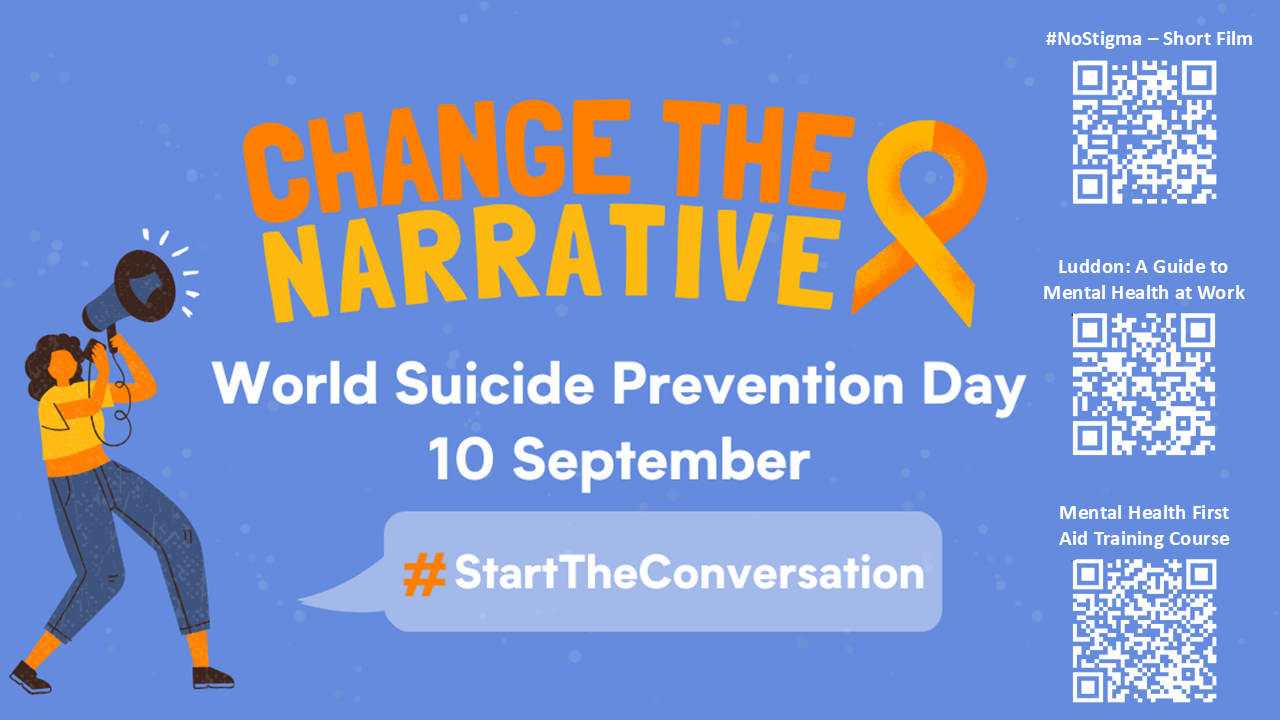As we know, September marks Suicide Prevention Month, organised by the International Association for Suicide Prevention. And this is another opportunity to raise awareness of a devastating issue that deeply affects the construction industry.
The construction industry experiences one of the highest rates of suicide of any industry in the UK. Data from the Office for National Statistics (ONS), shows the suicide rate of construction workers is more than three times higher than the UK national average.
In the last decade alone, more than 7,000 construction workers have taken their own lives. 700 people a year. 3 people every working day. Of course, these are not simply statistics we are talking about here, but very real people experiencing very real-life struggles.
At Luddon, not only are we passionate about supporting a high quality of life for everyone under our care; it is also a conversation we been having with you for many years. And there is still an urgent need for open conversations, providing preventative measures, and accessible support for everyone.
Over the years we have laid the foundations and we continually aim to ensure there are many opportunities to provide support for those of us struggling to find a safe space to talk. We have trained and competent people with skills in Mental Health First Aid, who can provide guidance to safe and appropriate support.
We have developed an award-winning awareness campaign and video – #NoStigma.
We developed our “A Guide to Mental Health at Work”, a practical booklet offering advice and guidance on recognising signs of stress, managing anxiety and depression, how to build positive habits, and how to support others.
We also deliver Mental Health First Aid Training, an accredited course available from the Luddon Training Centre. Becoming a Mental Health First Aider helps create and develop a culture of care, where everyone feels supported and valued.
In the bold spirit of Mates in Mind and World Suicide Prevention Day, Luddon will continue to raise awareness and break down barriers, encourage safe open conversations and present opportunities for early intervention. For everyone, for every day.
